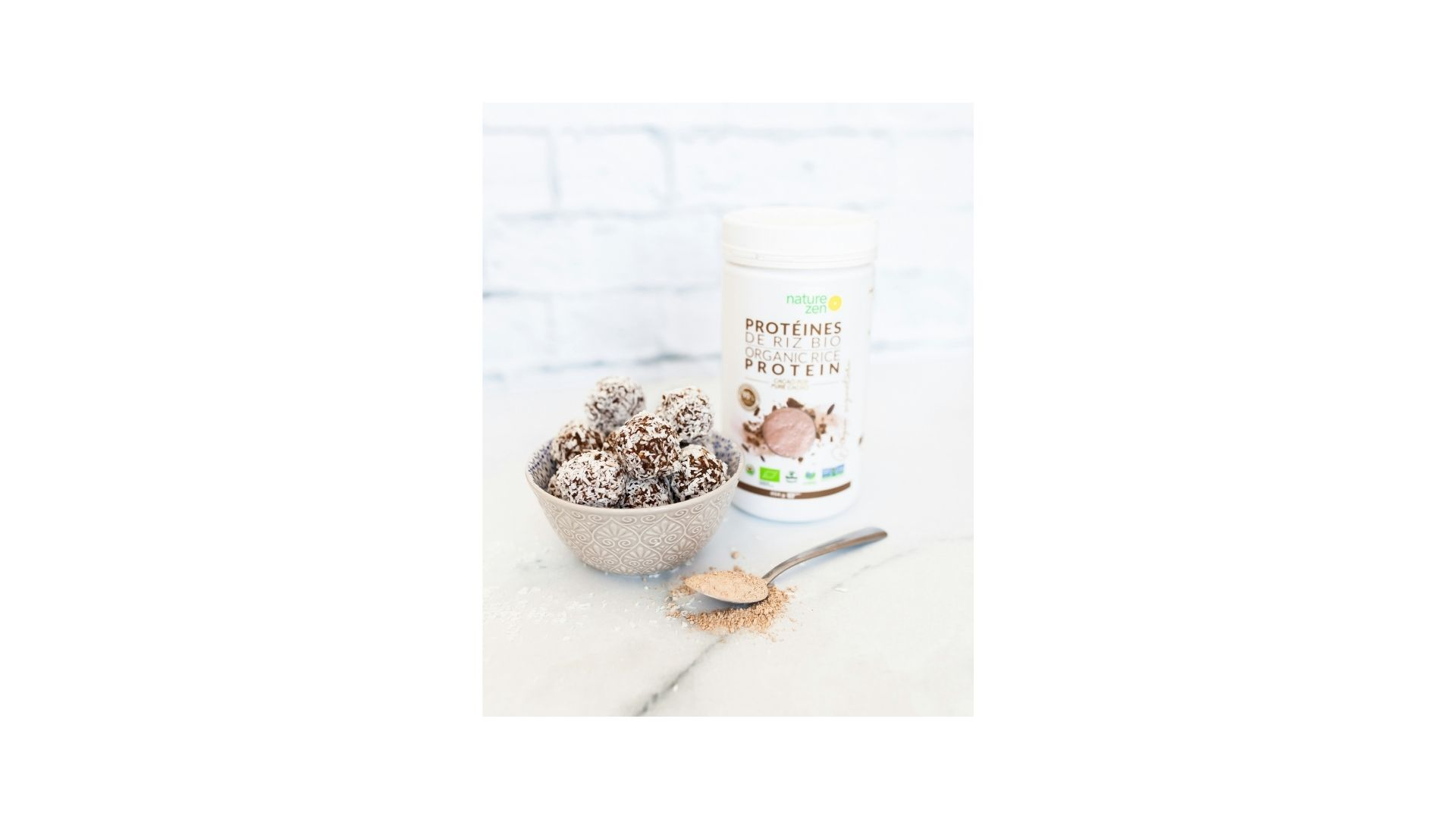Introduction
Welcome to the ultimate guide to plant-based diets! Whether you’re considering a switch to a plant-based lifestyle or just curious about what it entails, you’ve come to the right place. In this guide, we’ll explore the benefits, tips, and delicious recipes that make plant-based diets a fantastic choice for your health and the environment.
Internal link: https://visa.javanet247.com/
What is a Plant-Based Diet?
A plant-based diet focuses on foods primarily from plants. This includes not only fruits and vegetables but also nuts, seeds, oils, whole grains, legumes, and beans. It doesn’t mean that you are vegetarian or vegan and never eat meat or dairy. Rather, you are proportionately choosing more of your foods from plant sources.
Benefits of Plant-Based Diets
Health Benefits
- Improved Heart Health: Plant-based diets are rich in fiber, antioxidants, and healthy fats, which can help reduce the risk of heart disease.
- Weight Management: These diets are often lower in calories and high in nutrients, making it easier to maintain a healthy weight.
- Lower Risk of Chronic Diseases: Studies have shown that plant-based diets can reduce the risk of type 2 diabetes, certain cancers, and hypertension1.
Environmental Benefits
- Reduced Carbon Footprint: Plant-based diets require fewer resources and produce fewer greenhouse gases compared to diets rich in animal products2.
- Conservation of Water: Producing plant-based foods typically uses less water than raising animals for meat.
- Biodiversity Preservation: By reducing the demand for animal products, plant-based diets help protect natural habitats and wildlife.
Getting Started with a Plant-Based Diet
Tips for Transitioning

- Start Slow: Begin by incorporating more plant-based meals into your diet gradually. Try “Meatless Mondays” or plant-based breakfasts.
- Explore New Foods: Experiment with different fruits, vegetables, grains, and legumes to find what you enjoy.
- Plan Your Meals: Having a meal plan can help you stay on track and ensure you’re getting a balanced diet.
Essential Nutrients to Focus On
- Protein: Include a variety of protein-rich plant foods like beans, lentils, tofu, and quinoa.
- Iron: Consume iron-rich foods such as spinach, lentils, and fortified cereals, and pair them with vitamin C-rich foods to enhance absorption.
- Calcium: Opt for calcium-fortified plant milks, leafy greens, and almonds.
- Vitamin B12: Since B12 is primarily found in animal products, consider fortified foods or supplements.
Delicious Plant-Based Recipes
Breakfast: Overnight Oats
Ingredients:
- 1 cup rolled oats
- 1 cup almond milk
- 1 tbsp chia seeds
- 1 banana, sliced
- 1 tbsp maple syrup
Instructions:
- Combine all ingredients in a jar.
- Stir well and refrigerate overnight.
- Enjoy a nutritious and delicious breakfast in the morning!
Lunch: Quinoa Salad
Ingredients:
- 1 cup cooked quinoa
- 1 cup cherry tomatoes, halved
- 1 cucumber, diced
- 1/4 cup red onion, chopped
- 1/4 cup fresh parsley, chopped
- 2 tbsp olive oil
- 1 tbsp lemon juice
- Salt and pepper to taste
Instructions:
- In a large bowl, combine quinoa, tomatoes, cucumber, onion, and parsley.
- Drizzle with olive oil and lemon juice.
- Season with salt and pepper, then toss to combine.
Dinner: Chickpea Curry
Ingredients:
- 1 tbsp olive oil
- 1 onion, chopped
- 2 garlic cloves, minced
- 1 tbsp curry powder
- 1 can chickpeas, drained and rinsed
- 1 can coconut milk
- 1 cup spinach
- Salt and pepper to taste
Instructions:
- Heat olive oil in a pan over medium heat.
- Add onion and garlic, and sauté until softened.
- Stir in curry powder and cook for another minute.
- Add chickpeas and coconut milk, and simmer for 10 minutes.
- Stir in spinach and cook until wilted.
- Season with salt and pepper, and serve over rice.
Common Myths About Plant-Based Diets
Myth 1: Plant-Based Diets Lack Protein
Many people believe that plant-based diets don’t provide enough protein. However, there are plenty of plant-based protein sources such as beans, lentils, tofu, tempeh, and quinoa that can meet your protein needs.
Myth 2: Plant-Based Diets Are Expensive
While some specialty plant-based products can be pricey, many plant-based staples like beans, rice, and seasonal vegetables are very affordable. Planning meals and buying in bulk can also help keep costs down.
Myth 3: Plant-Based Diets Are Boring

With a little creativity, plant-based diets can be incredibly diverse and flavorful. There are countless recipes and cuisines to explore, ensuring you’ll never get bored.
External link: https://justicenow.pamshion.net/car-using-only-flower-petals.html
Conclusion
Switching to a plant-based diet can be a rewarding and beneficial choice for your health and the planet. By incorporating more plant-based foods into your meals, you can enjoy a variety of delicious dishes while reaping numerous health benefits. Remember, it’s all about making gradual changes and finding what works best for you. Happy eating!

